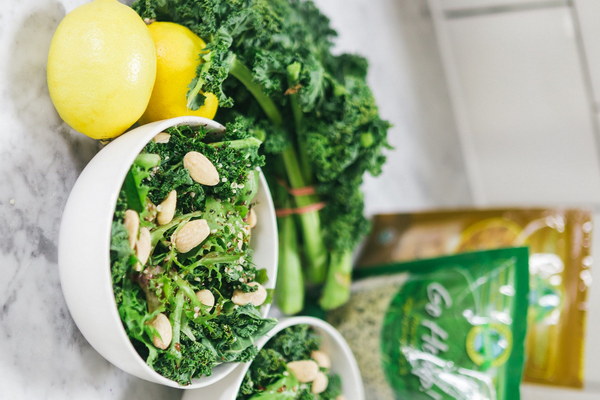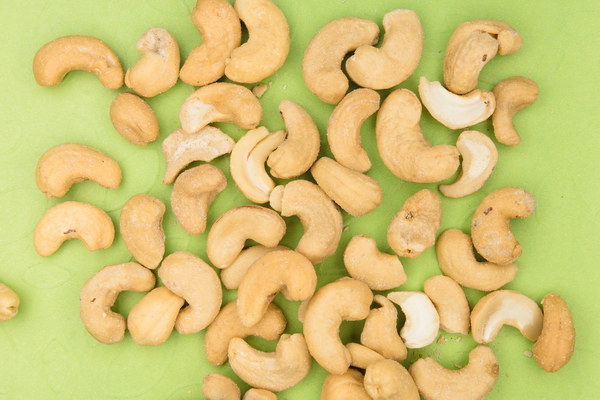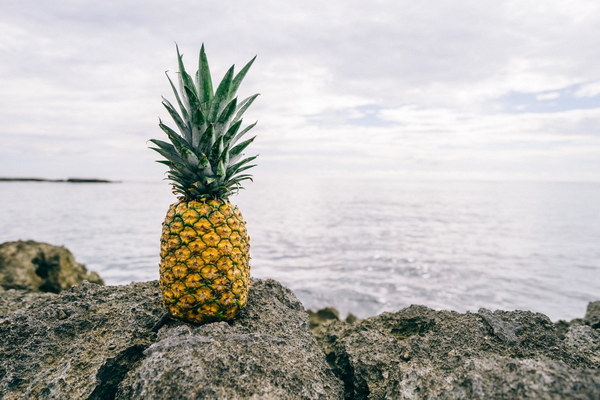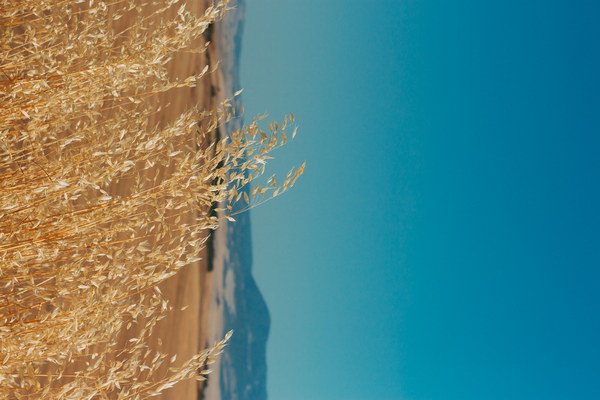Revitalizing Your Vitality Exploring Traditional Chinese Herbs for Kidney Yang Deficiency
In the realm of traditional Chinese medicine, kidney yang deficiency is a common condition that can lead to a variety of symptoms, including fatigue, low body temperature, and weakness. To combat this imbalance, practitioners often recommend a blend of herbs that are specifically designed to tonify and warm the kidneys. This article delves into the world of these traditional Chinese herbs, exploring their properties, benefits, and how they can be integrated into a holistic approach to health.
Understanding Kidney Yang Deficiency
Kidney yang, in Chinese medicine, refers to the fundamental energy that warms the body, maintains vitality, and is essential for reproductive health. When kidney yang is deficient, it can lead to a cold, weak body, and a host of associated symptoms. Symptoms of kidney yang deficiency include:
- Chronic fatigue
- Low back and knee pain
- Sensitivity to cold
- Weakness or numbness in the extremities
- Impaired reproductive function

- Low libido
- Premature aging
Traditional Herbs for Kidney Yang Deficiency
The following herbs are commonly used in traditional Chinese medicine to address kidney yang deficiency:
1. Cinnamon Bark (Cinnamomum cassia): Known for its warming properties, cinnamon bark is often used to invigorate the kidneys and improve circulation. It is believed to help increase body temperature and alleviate symptoms of coldness.
2. Cuscuta (Cuscuta chinensis): This herb is used to tonify the kidneys and improve reproductive health. It is believed to help with issues such as infertility and impotence.
3. Epimedium (Epimedium sagittatum): Also known as Horny Goat Weed, this herb is renowned for its ability to enhance libido and improve sexual function. It is believed to tonify kidney yang and boost energy levels.
4. Astragalus (Astragalus membranaceus): This adaptogenic herb is used to strengthen the immune system and improve overall vitality. It is often combined with other herbs to support kidney yang.
5. Goat's Rue (Thesium chinense): This herb is used to tonify the kidneys and is believed to be effective for kidney-related disorders, such as kidney weakness and low back pain.
6. Tongkat Ali (Eurycoma longifolia): Commonly used in Southeast Asia, Tongkat Ali is known for its aphrodisiac properties and is used to tonify kidney yang and increase libido.
Integrating Herbs into a Health Regimen
While these herbs can be beneficial for addressing kidney yang deficiency, it is important to integrate them into a holistic health regimen. This may include:
- A balanced diet rich in warm, nourishing foods such as meats, nuts, and seeds.
- Regular exercise to increase blood circulation and energy levels.
- Adequate rest and relaxation to support the body's healing processes.
- Avoidance of cold and damp environments, as they can exacerbate kidney yang deficiency.
It is also crucial to consult with a qualified practitioner of traditional Chinese medicine before starting any new treatment regimen. They can provide personalized advice and ensure that the herbs chosen are appropriate for the individual's specific needs and health conditions.
Conclusion
Traditional Chinese herbs offer a unique approach to addressing kidney yang deficiency, providing a natural and holistic solution to improve vitality and overall well-being. By understanding the properties and benefits of these herbs, individuals can make informed choices about their health and potentially experience relief from the symptoms associated with kidney yang deficiency.









